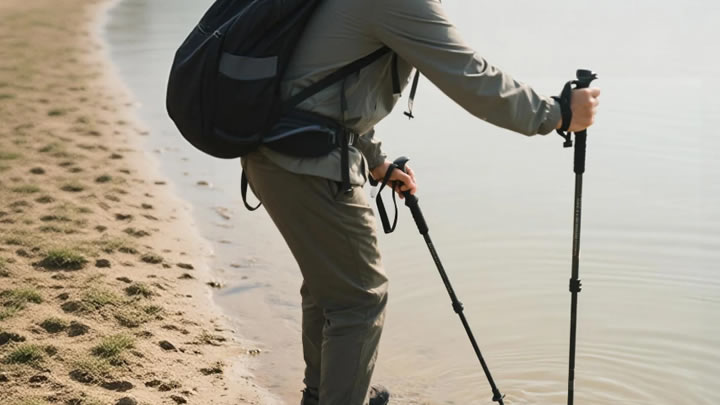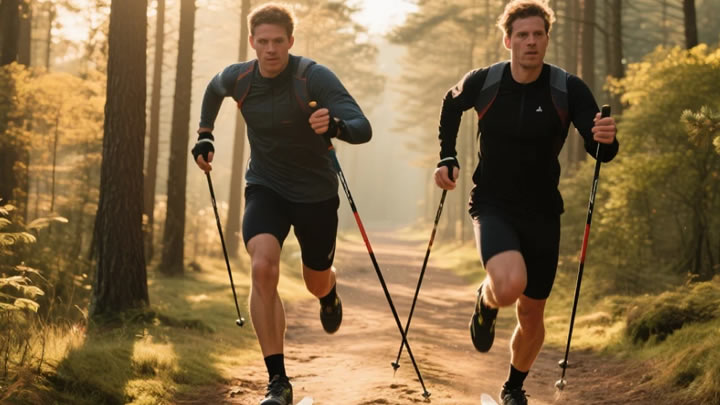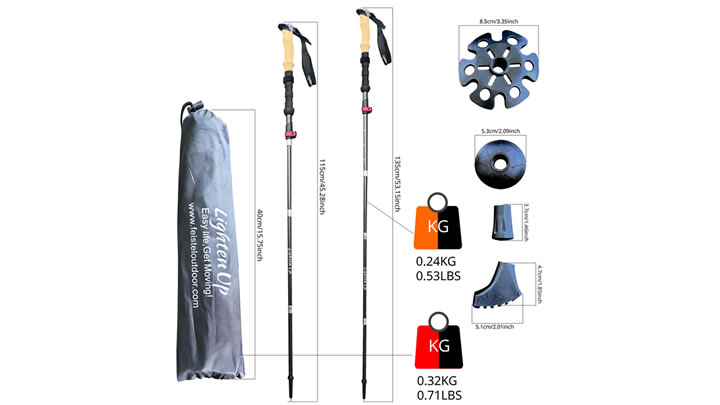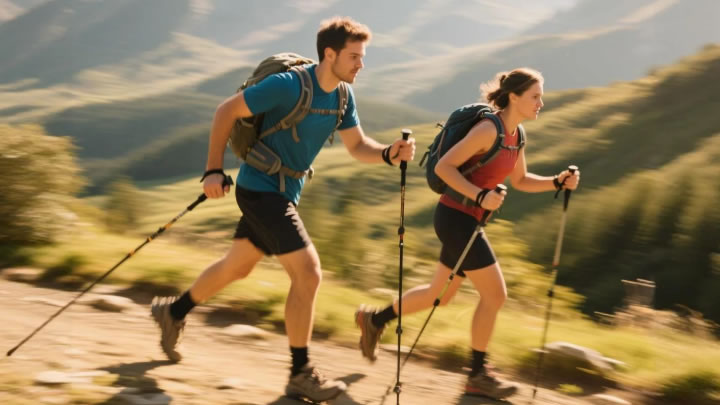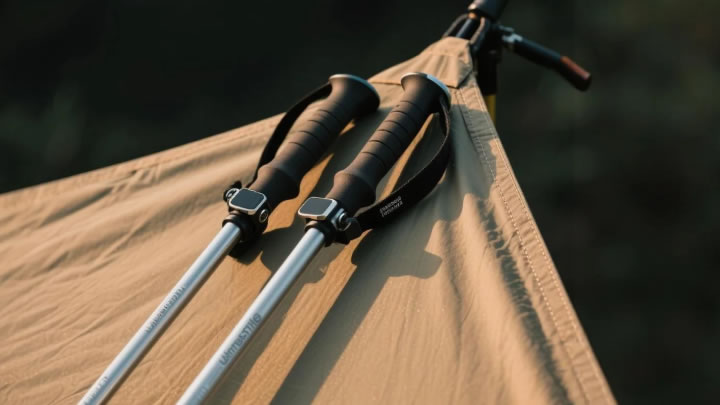Small Carabiner with High kN Rating: When Maximum Strength Meets Minimalist Design
For critical applications where failure isn’t an option, a small carabiner with a high kN rating bridges the gap between compact convenience and life-saving strength. These engineering marvels defy the "smaller equals weaker" myth—here’s how to choose wisely.
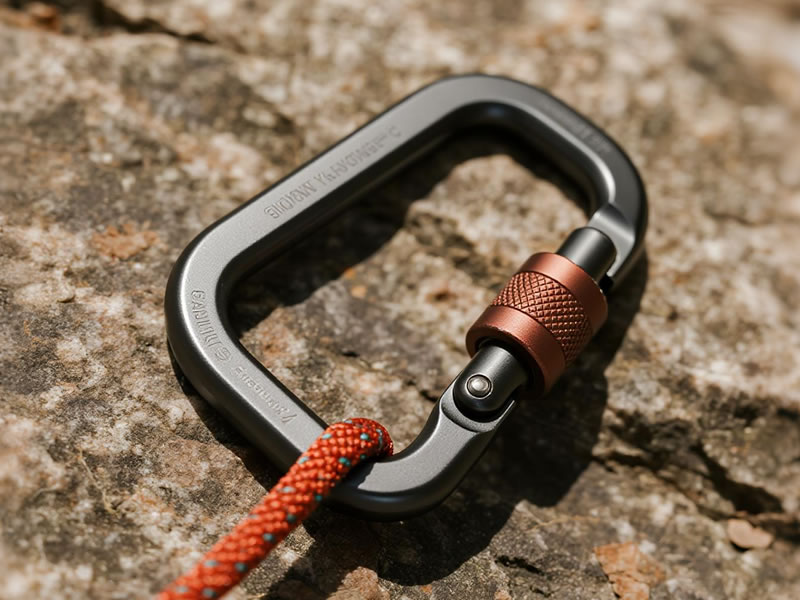
Why High kN in Small Packages Matters
- Critical Load Scenarios: Rock climbing anchors, rescue systems, or heavy gear hauling demand strength in tight spaces.
- Weight-to-Strength Ratio: Advanced alloys deliver 22kN+ strength at half the weight of standard steel biners.
- Space Constraints: Fits confined anchor points, pulley systems, or technical racks where bulkier biners fail.
The Science Behind High kN Mini Carabiners
| Feature | Standard Carabiner | High kN Small Carabiner |
|---|---|---|
| Typical Size | 50–90mm | 20–45mm |
| Weight | 50–100g | 15–40g |
| Strength Range | 20–30 kN | 22–32 kN |
| Material | 6061 Aluminum | 7075-T6 Alum / Steel |
| Certification | CE/UIAA | CE + UIAA + ISO 9001 |
Top 5 Applications Demanding This Combo
- Climbing Anchor ExtensionsWhy: Reduces rope drag while handling multi-directional loads.Spec: ≥25 kN, KeyLock nose (e.g., DMM Phantom).
- Rescue & Rigging SystemsWhy: Connects pulleys/Prusiks in confined spaces.Spec: Steel with 30kN+, screw-lock gate (Petzl Sm’D).
- Aid Climbing LaddersWhy:* Weight savings on repeated clips.Spec: 7075-T6 Alum, 24kN major axis (Camp Orbit).
- Industrial Rope AccessWhy: Fits tight anchor points on steel structures.Spec: Corrosion-resistant steel, MBS ≥28kN (Edelrid HMS Strike).
- Ultralight Big Wall HaulingWhy: Manages portaledges/haul bags without bulk.Spec: Oval shape, 22kN+ (Black Diamond Hotforge).
3 Hidden Risks of "Fake" High-kN Biners
⚠️ Strength Fraud:
Decorative biners stamped "30kN" often snap at <5kN. Always verify certification.
⚠️ Material Deception:
Zinc-alloy knockoffs corrode and crack under load.
⚠️ Gate Weakness:
Non-locking gates open under vibration—deadly in falls.
Pro Test: Hang 2,200 lbs (1,000 kg) statically. Certified biners withstand this; fakes implode.
Material Showdown: Aluminum vs. Steel
- 7075-T6 Aluminum:Pros: 55,000 psi tensile strength, 30% lighter than steelCons: Less abrasion-resistant; avoid grit-filled environmentsBest For: Climbing/alpine use
- Forged Steel:Pros: Unmatched durability, resists rock abrasionCons: 3x heavier, prone to rust if uncoatedBest For: Rescue/industrial rigging
Top 4 Certified Performers
- Petzl Sm’D Screw-Lock (Steel)32 kN strength | 40mm | 36gPerfect for: Rescue main points
- DMM Phantom (7075-T6 Alum)25 kN | 45mm | 25gPerfect for: Trad climbing micro-protection
- Edelrid 19G Steel Oval (Steel)28 kN | 40mm | 38gPerfect for: High-abrasion industrial work
- Camp Nano 23 (7075-T6 Alum)23 kN | 35mm | 14gPerfect for: Ultralight alpine missions
Safety Protocol: Non-Negotiables
✅ Daily Inspection: Check for gate wiggle, spine cracks, or corrosion.
✅ Certification Marks: Legit biners show engraved (not printed) UIAA/CE codes.
✅ Load Direction: kN ratings assume force along spine—side pulls reduce strength by 70%.
❌ Never Use: If dropped >10m onto hard surfaces (micro-fractures likely).
The Verdict
A small carabiner with a high kN rating (22kN+) is specialized lifesaving gear—not a keychain toy. Prioritize UIAA-certified models from Petzl, DMM, or Camp. While aluminum dominates climbing for weight savings, steel remains king for rescue/industry. Remember: Strength isn’t about size; it’s about science. Invest in certified engineering—your life literally hangs on it.

